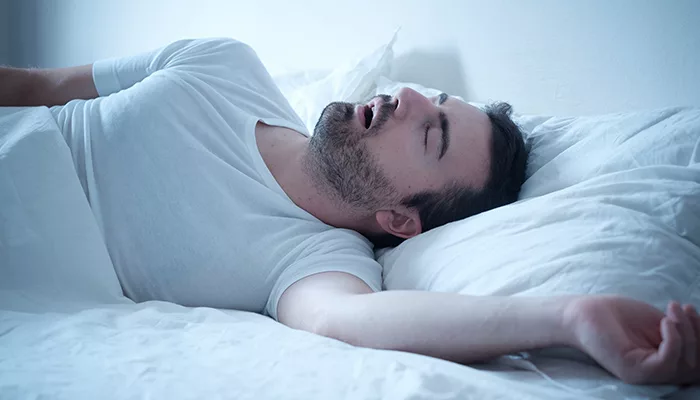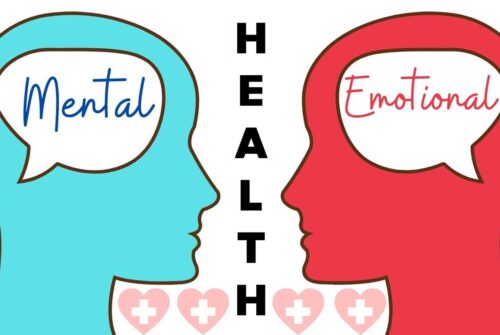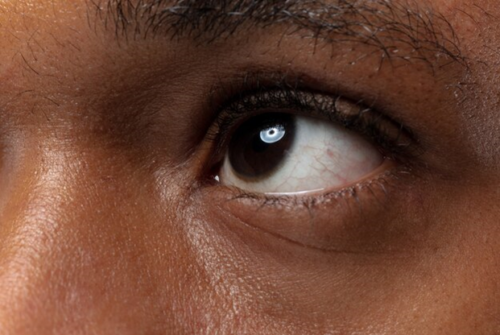
Sleep apnea is a common problem that contributes to high blood pressure, stroke, heart attack, and even death. This condition is usually discovered through one or more of these symptoms, including snoring loudly during sleep, frequent pauses of breathing while sleeping, waking up with morning headaches, and feeling tired or drowsy despite having slept enough hours in the night.
Sleep apnea can be corrected with a full-time CPAP machine that delivers air through a hose from an airway splint over the nose and down the throat. You can seek the professional help of a family dentist in Monterey Park for an effective solution and proper treatment.
Here are the 6 risk factors that increase your risk for sleep apnea.
- Being male
Men are more likely to suffer from sleep apnea than women, although more than one-third of both genders have the problem. The reason for this discrepancy is that the body produces more apnea-causing carbon dioxide when a man ages, which causes his morning headaches and tiredness. Men are also more likely to smoke and drink alcohol, both of which cause an increased risk for upper airway obstruction.
- Over the age of 45
Sleep apneas are almost twice as likely to occur at any age over the age of 45, and half of men over the age of 60 suffer from this condition. It is common for people over the age of 65 to develop sleep apnea, probably due to chronic upper airway obstruction that results in more snoring and pauses of breathing after a while.
- Obesity
Obesity can make sleep apnea worse for you as well as other people in your family. Sleep apnea is more common in people who are overweight, and this increased risk can be directly related to how much fat is stored in the upper airway.
- A large neck circumference
The size of your neck is directly related to sleep apnea. Sleep apnea patients with a larger neck circumference are more likely to find their airways blocked by their large Adam’s apple and soft tissues in their throats. Having enlarged thyroid glands can cause the same obstruction, and you should see a doctor if you have these symptoms.
- Family history
Sleep apnea is more common in families because it is a common genetic disorder. If you or your family members have sleep apnea, you’re more likely to develop the sleep disorder.
- High blood pressure
Sleep apnea has been shown to contribute to high blood pressure in both children and adults, probably because of the long-term effects of sleep deprivation. If you have high blood pressure, there is a higher risk that you get sleep apnea.






